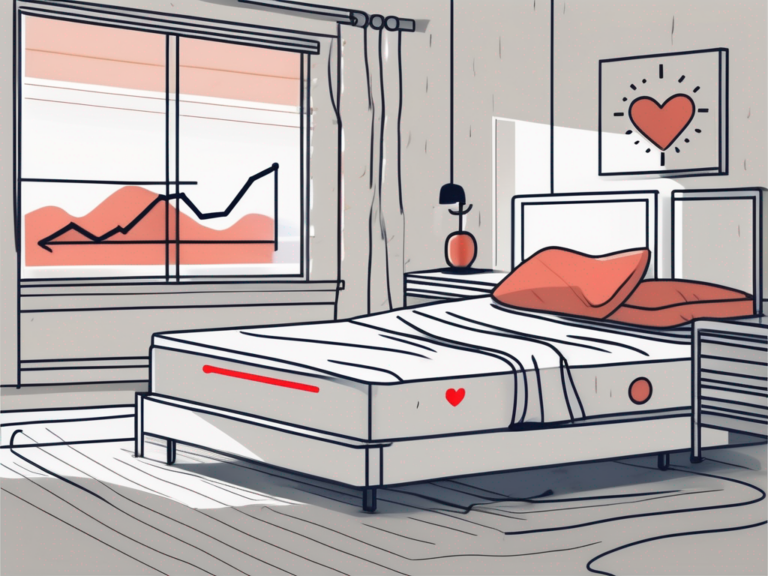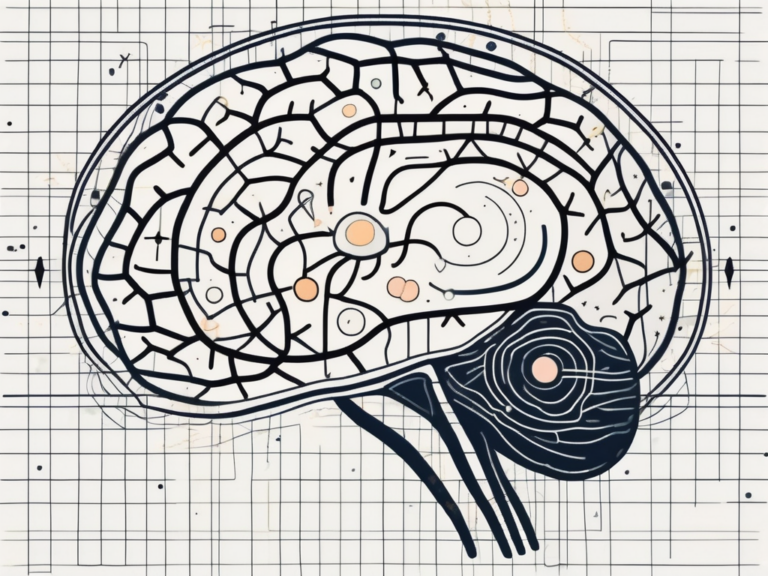vasovagal and Sleeping
Discover the surprising connection between vasovagal episodes and sleep.

Discover the surprising connection between vasovagal episodes and sleep.

Discover the fascinating connection between the mandibular nerve and sleep in this insightful article.

Uncover the fascinating connection between the phrenic nerve and sleeping in this insightful article.

Discover the fascinating connection between vagus nerve stimulators and sleep in this insightful article.

Discover the fascinating connection between the cochlear nerve and sleep in this insightful article.

Explore the fascinating connection between the auricular nerve and sleep in this insightful article.

Discover the fascinating connection between the glossopharyngeal nerve and sleep in this insightful article.

Explore the fascinating connection between the oculomotor nerve and sleep in this insightful article.

Explore the fascinating connection between parasympathetic nerves and sleeping in this insightful article.

Discover the fascinating connection between the brain stimulator and sleeping in this insightful article.